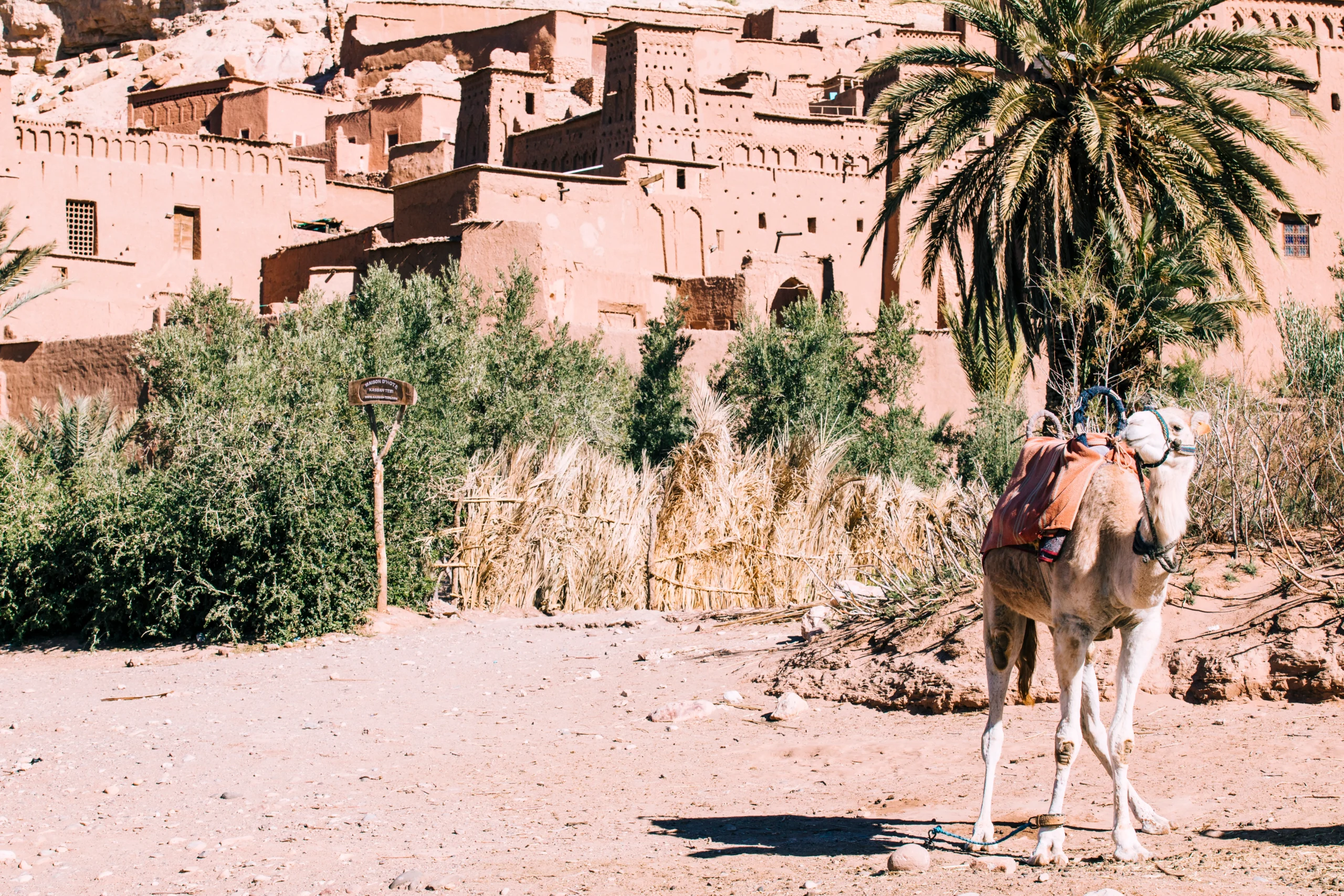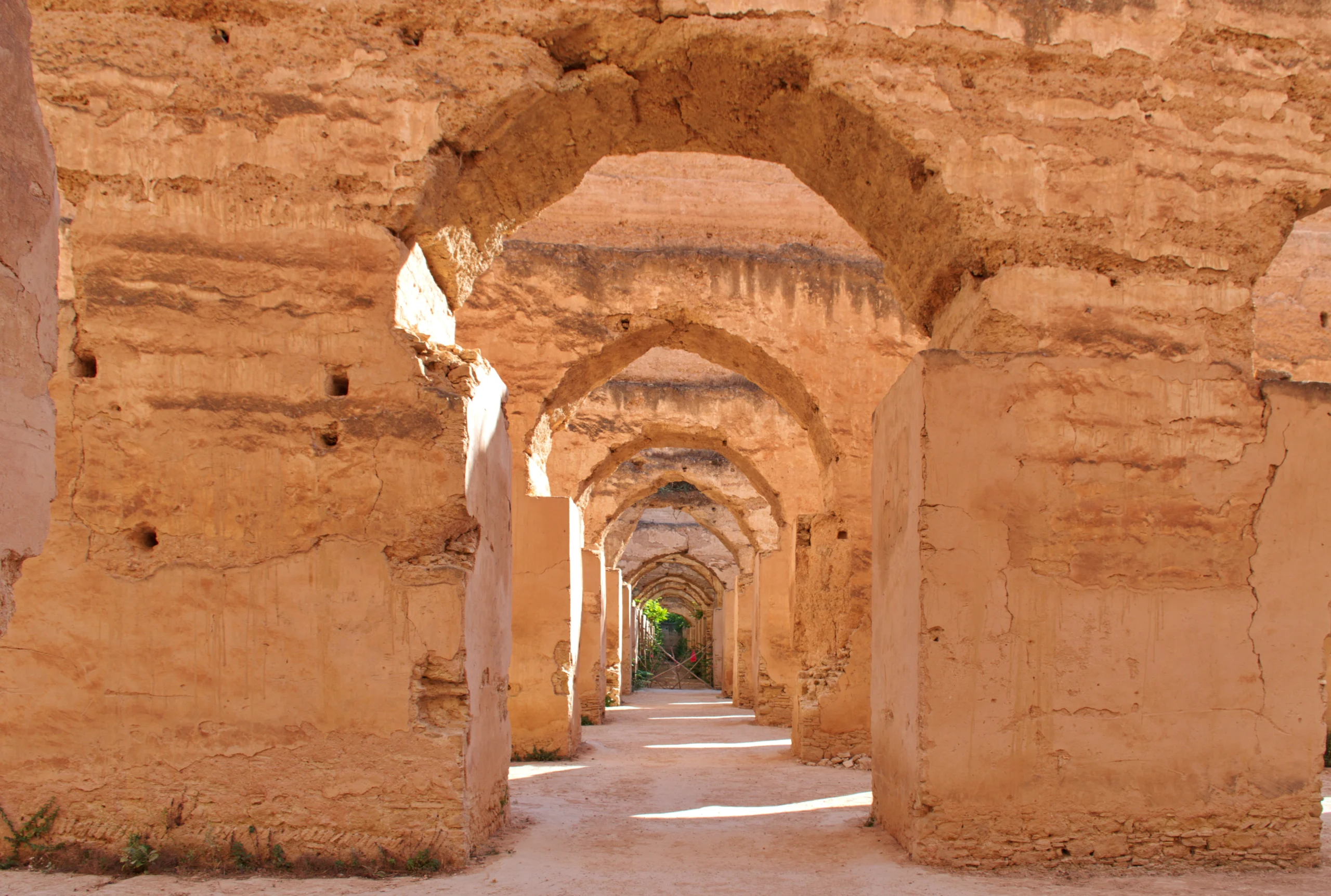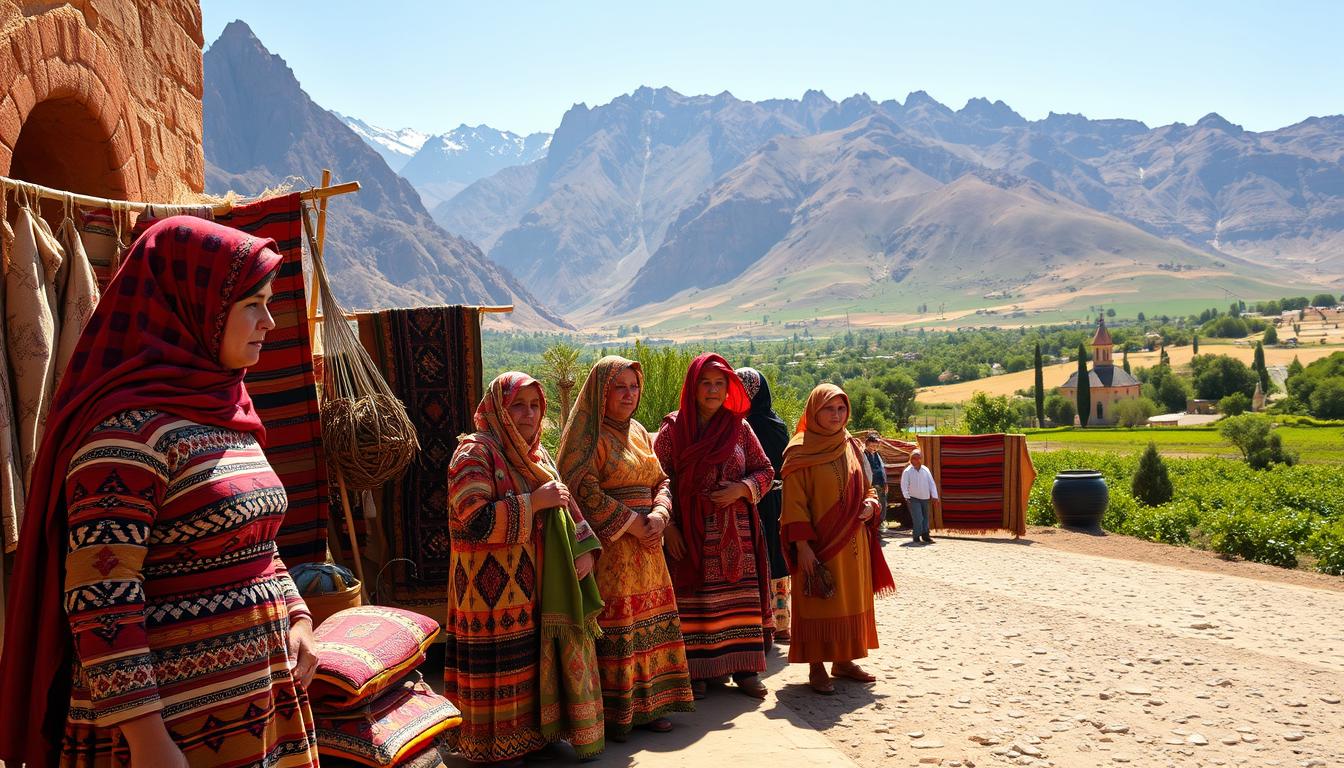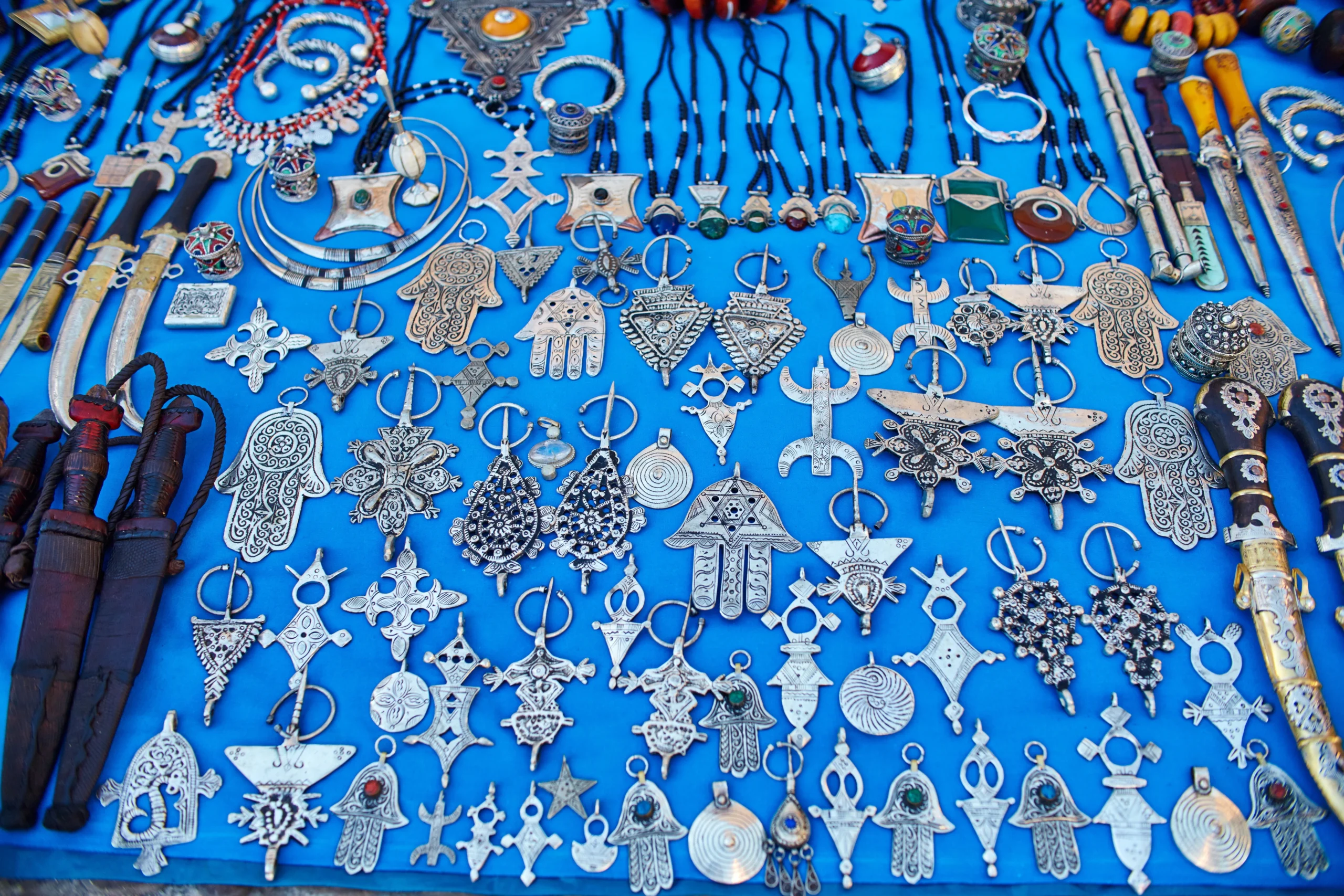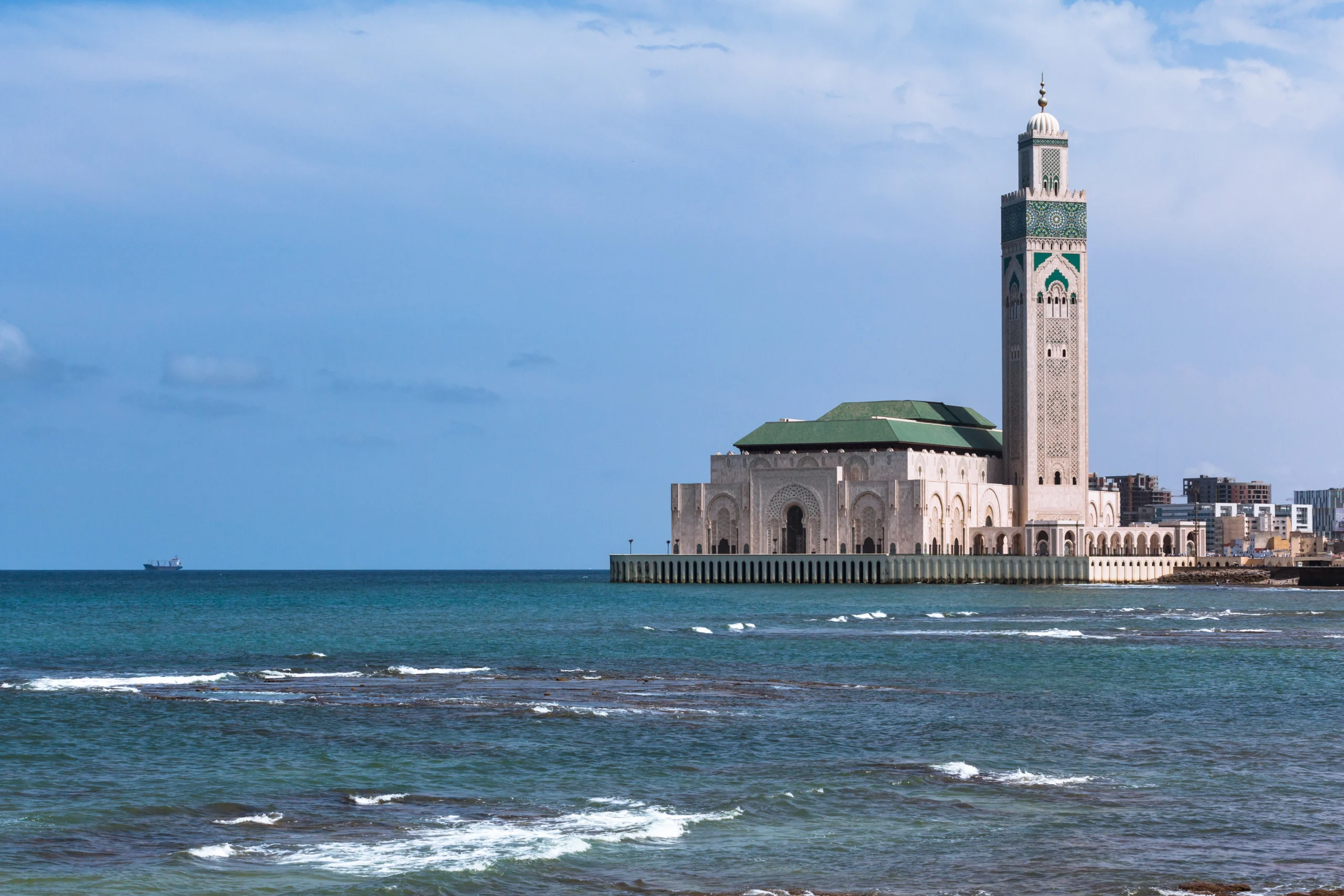Understanding Visa Requirements for Morocco
Planning a trip to Morocco means knowing about visa rules. Your nationality, trip purpose, and how long you’ll stay affect visa needs. Knowing the visa requirements for Morocco ensures a smooth visit.Overview of Visa Policies
Morocco has specific visa rules for each nationality. Some travelers get a visa-free stay of up to 90 days. Others must apply for a Morocco entry visa before arriving. Visas are for tourists, business, and transit, each with its own rules.Importance of Researching Requirements
It’s key to research visa needs before your trip. This avoids last-minute problems and ensures you follow local laws. Without the right Morocco entry visa, you might face entry issues. Knowing the rules lets you enjoy Morocco’s culture and views without worry.| Country | Visa Requirement | Duration of Stay |
|---|---|---|
| United States | Visa Exempt | Up to 90 days |
| United Kingdom | Visa Exempt | Up to 90 days |
| Australia | Visa Exempt | Up to 90 days |
| India | Visa Required | Up to 30 days |
Who Needs a Visa to Enter Morocco?
It’s important to know who needs a visa to enter Morocco. Not everyone needs one, thanks to special rules for many countries. Knowing these rules can make your trip easier.Citizens from Visa-Exempt Countries
Many countries don’t need a visa to visit Morocco. This includes most of the European Union, Canada, and others. Here’s how long you can stay without a visa:| Country | Visa Exemption Duration |
|---|---|
| United States | 90 days |
| Canada | 90 days |
| United Kingdom | 90 days |
| Australia | 90 days |
| New Zealand | 90 days |
Specific Case for US Tourists
US citizens can visit Morocco without a visa for up to 90 days. It’s key to understand the visa process to avoid problems. Staying longer than allowed can result in fines or make it harder to enter Morocco in the future. Always check the latest rules for a smooth trip.Types of Visas for Morocco
When you plan to visit Morocco, knowing about the different visas is key. There are mainly two types: the Morocco tourist visa and the business visa. Each visa is for a specific reason and has its own rules for who can get it and what documents you need.Tourist Visa Details
The Morocco tourist visa is for those who want to enjoy leisure, sightseeing, or other fun activities. It lets you stay for up to 90 days. To get this visa, you’ll need to gather a few things:- Valid passport with at least six months left before it expires.
- Completed visa application form.
- Recent passport-sized photos.
- Proof of your travel plans, like where you’ll stay.
- Travel insurance that covers your whole trip.
Business Visa Information
If you’re going to Morocco for business, like meetings or conferences, you need a business visa. The length of your visa depends on your business activities. To apply for a business visa, make sure you have:- A business invitation letter from a Moroccan company.
- The official application form and your business documents.
- Proof of your financial situation.
- Any extra documents the Moroccan embassy or consulate might ask for.
| Type of Visa | Purpose | Duration |
|---|---|---|
| Tourist Visa | Leisure and tourism | Up to 90 days |
| Business Visa | Business meetings and conferences | Varies per case |
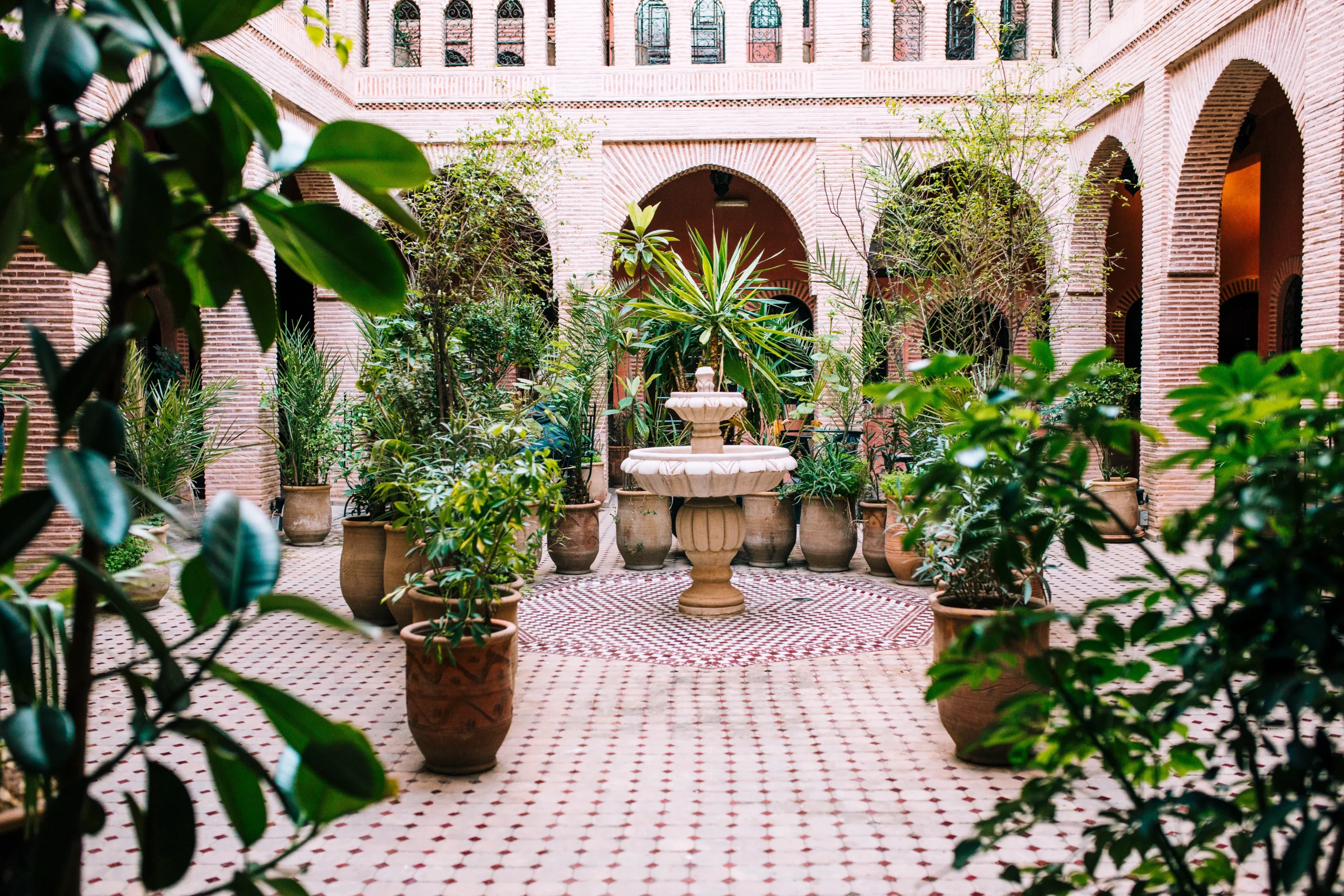
Duration of Stay for US Travelers
When planning your trip to Morocco, knowing the stay rules is key. These rules change based on your visa status or if you’re exempt. Knowing the details can avoid problems during your visit.General Rules for Visa Exemptions
US citizens don’t need a morocco visa application for stays under 90 days. This lets you stay in Morocco without issues. But, make sure your passport is good for at least six months after you leave. This helps avoid border delays or refusals.Stay Limits with Different Visa Types
If you’re staying longer than 90 days or for work or study, you need a visa. The length and type of visa you get affect your stay:| Visa Type | Maximum Duration of Stay | Extension Possibility |
|---|---|---|
| Tourist Visa | Up to 90 days | Possible with application |
| Business Visa | Up to 90 days | Possible with application |
| Long-Stay Visa | Varies (up to 1 year) | Possible upon request |
How to Apply for a Visa to Morocco
Traveling to Morocco? Knowing the visa process is key. The steps for applying are simple if you follow the guidelines. Here’s what you need to do to get a visa.Application Process Step-by-Step
The steps to get a Moroccan visa are straightforward:- First, figure out which visa you need based on your trip’s purpose.
- Then, go to the nearest Moroccan consulate or embassy to get the application form.
- Next, fill out the form correctly, making sure to include all needed info.
- After that, gather all required documents to submit with your application.
- Pay the visa application fee, which changes based on visa type and nationality.
- Lastly, submit your application and wait for it to be processed.
Necessary Documentation
When applying for a Moroccan visa, include these documents:- A valid passport with at least six months left before it expires.
- Recent photos that meet the official size and quality standards.
- Proof of where you’ll stay in Morocco, like hotel bookings.
- Proof you have enough money for your stay in Morocco.
- A filled-out visa application form with your personal details.
Fees Associated with Visa Applications
Knowing the costs for your morocco visa application is key to planning your trip well. There are fees at each stage of the visa process. Knowing these can help you avoid surprise costs.Breakdown of Costs
The fees for moroccan visa applications change based on the visa type and how fast you need it. Here’s a breakdown of typical fees you might see:| Visa Type | Application Fee | Processing Fee | Total Estimated Fee |
|---|---|---|---|
| Tourist Visa | $30 | $15 | $45 |
| Business Visa | $50 | $20 | $70 |
| Extended Stay Visa | $60 | $25 | $85 |
Payment Methods
There are several ways to pay for your morocco visa application. Here are some common options:- Credit Card: Most commonly accepted for online applications.
- Bank Check: Can be mailed in with your application if you prefer a manual process.
- Cash: May be accepted at specific locations, but verify in advance.
Processing Times for Moroccan Visas
Knowing how long it takes to get a Moroccan visa is key for travelers. The time it takes can change based on the visa type and how you apply. Make sure to plan your trip to Morocco with this time in mind.Standard Processing Duration
The standard time for a Morocco visa is about 10 to 15 business days. This time lets your application be checked carefully. This includes checking your documents and making sure you meet the visa requirements. Remember, delays can happen during busy times or holidays.Expedited Options Available
If you need your visa faster, there are expedited options. These can get you your visa in 3 to 5 business days. But, this service costs more and prices vary by embassy or consulate. It’s wise to check with the visa application center for exact costs and any extra steps for the expedited process.| Processing Option | Timeframe | Cost |
|---|---|---|
| Standard Processing | 10-15 business days | Varies by application location |
| Expedited Processing | 3-5 business days | Higher fee applicable |
Health and Safety Considerations
Before you go to Morocco, make sure to think about your health. Knowing what vaccinations you need and getting travel insurance can make your trip better. It also keeps you safe.Vaccination Requirements
It’s smart to talk to your doctor about shots you might need. You should think about getting:- Hepatitis A
- Typhoid
- Tetanus-Diphtheria
- Measles-Mumps-Rubella (MMR)
Travel Insurance Recommendations
Travel insurance is key for sudden health problems or trip cancellations. Pick a plan that covers:- Medical expenses
- Emergency evacuation
- Lost luggage
- Trip interruption
Customs Regulations When Traveling to Morocco
Knowing the customs rules in Morocco is key for a smooth entry. These rules help you avoid fines or losing your stuff. Here’s what you can bring and what’s off-limits.Items You Can Bring
You can bring personal items like clothes, toiletries, and gadgets. Here’s a list of what’s usually okay:- Personal electronics (laptops, cameras, smartphones)
- Medicines for personal use (with original prescriptions)
- Clothing and footwear
- Small quantities of food (snacks for personal consumption)
Restricted and Prohibited Items
Be careful with items you can’t bring. Here’s a list of what’s not allowed:- Weapons and ammunition
- Drugs and narcotics
- Pornographic material
- Certain agricultural products
- Counterfeit items
Important Travel Tips for Visiting Morocco
Knowing the cultural norms in Morocco can make your trip better. Showing respect for local traditions helps you connect with the culture. Here are some key tips to keep in mind.Cultural Etiquette to Remember
When in Morocco, pay attention to local customs. Start by saying “Salam Alaikum” (peace be upon you) when greeting. Handshakes are common, but wait for women to offer their hand first. Dress modestly to fit in with Moroccan culture. Women should wear long skirts or trousers and blouses with sleeves. Men should avoid shorts in public.- Eat meals with your right hand. The left hand is considered unclean.
- When visiting someone’s home, bring a small gift such as sweets or fruit.
- Always remove your shoes before entering a Moroccan home.
Common Mistakes to Avoid
Knowing what to avoid can make your trip better. Here are some mistakes to avoid:- Disregarding religious norms during prayer times, specially in Ramadan.
- Taking photographs without asking for permission, specially of people.
- Using your left hand to give or receive items, as it is seen as disrespectful.
| Etiquette Tips | Common Mistakes |
|---|---|
| Use the right hand for eating and passing items. | Ignoring the importance of greetings. |
| Dress modestly in public areas. | Taking photos without permission. |
| Be respectful during local prayers. | Refusing offers of hospitality. |
Currency and Payment Methods in Morocco
Knowing the currency used in Morocco is key for a smooth trip. The local money is the Moroccan Dirham (MAD). Learning how to exchange currency well can save you time and trouble. Also, knowing the best ways to pay in Morocco will help you make smart choices.Currency Exchange Tips
Here are some tips for exchanging money in Morocco:- Exchange at banks or official offices for better rates.
- Don’t exchange at airports because the rates are bad.
- Look into online platforms for better deals.
- Always check the latest exchange rates before you buy or sell.
Using Credit Cards vs. Cash
Choosing between credit cards and cash in Morocco has its ups and downs:| Payment Method | Advantages | Disadvantages |
|---|---|---|
| Credit Cards |
|
|
| Cash |
|
|
Best Times to Visit Morocco
Choosing the right time to visit Morocco makes your trip better. The weather and activities you can do change a lot. Knowing the Morocco travel seasons helps plan an amazing trip.Seasonal Considerations
Morocco’s climate changes a lot depending on where you are. Coastal areas are mild, but the desert gets very hot. Spring (March to May) and fall (September to November) are the best times. The weather is nice then.| Season | Average Temperature (°F) | Recommended Activities |
|---|---|---|
| Spring (March – May) | 60 – 80 | Hiking, exploring cities, festivals |
| Summer (June – August) | 70 – 100 | Beach visits, high-altitude trekking |
| Fall (September – November) | 60 – 80 | Cultural events, sightseeing |
| Winter (December – February) | 40 – 60 | Desert excursions, skiing in the Atlas Mountains |
Festivals and Events to Experience
Going to local festivals makes your trip even better. Events like the Marrakech Popular Arts Festival and the Fes Festival of World Sacred Music show Morocco’s culture. These festivals let you meet locals and learn about their traditions. For more tips, see this travel guide on planning your trip around these events.Final Thoughts on Traveling to Morocco
Getting ready for your trip to Morocco? Knowing about visa rules is key for a smooth journey. US travelers get a break with visa exemptions, making entry easier. Check the rules for your visit, whether for fun or work, to enjoy your trip fully.Recap of Visa Necessities
US citizens usually don’t need a visa for short trips. This makes planning easier. But, make sure your passport is good for at least six months after you arrive. Also, have any needed documents ready to make your trip better. Knowing about Morocco visa rules can prevent problems. It lets you enjoy Morocco’s culture without stress.Encouragement to Explore Morocco
Now you know about visa rules, it’s time to explore Morocco. You’ll find history, lively markets, and stunning views. From the Sahara to the Atlas Mountains, Morocco offers a lot. With its friendly people, tasty food, and rich culture, Morocco invites you to create lasting memories. Don’t wait to start this adventure and discover Morocco’s beauty.FAQ
Do you need a visa for Morocco if you are a US citizen?
No, US citizens don’t need a visa for up to 90 days in Morocco. But, make sure your passport is valid for at least six months after you arrive.
What are the visa requirements for entering Morocco?
Visitors from some countries, like the US, can enter Morocco without a visa for short stays. Always check the visa rules for your country.
How do I apply for a Morocco tourist visa?
To get a Morocco tourist visa, you need to fill out an application. You’ll also need a passport, photos, and proof of where you’ll stay. Look for more details on the Moroccan consulate or embassy website.
What is the process for obtaining a Morocco visa?
Getting a Morocco visa involves several steps. First, fill out the application form. Then, gather your documents and pay any fees. Lastly, submit your application to the Moroccan consulate or embassy nearest you.
Can I extend my stay in Morocco if my visa is about to expire?
Yes, you can apply for a visa extension in Morocco. Do this at the local immigration office before your visa expires.
Are there any fees associated with the Morocco visa application?
Yes, there are fees for different types of visas. Check with the Moroccan consulate or embassy for the latest fee information.
How long does it take to process a Moroccan visa?
Processing times for Moroccan visas vary. It can take a few days to several weeks. Apply early to avoid delays.
Do I need travel insurance to visit Morocco?
Travel insurance is not required for Morocco. But, it’s wise to have it for unexpected events like health emergencies or trip cancellations.
What should I know about customs regulations when traveling to Morocco?
Morocco has specific customs rules. Know what you can bring in and what’s restricted to avoid border issues.
What are some cultural etiquette tips for traveling in Morocco?
Respect local customs in Morocco. Greet people properly, dress modestly, and understand dining etiquette. This will make your trip better.
When is the best time to visit Morocco?
Spring (March to May) and fall (September to November) are the best times to visit Morocco. The weather is mild. Also, check for local festivals and events.

